India’s ethanol blending policy was introduced with the kind of optimism reserved for transformative ideas. It promised cleaner air, reduced oil imports, and a new income stream for farmers. On paper, it was a masterstroke—an intersection of sustainability and self-reliance. But as the policy unfolds on the ground, a different story is emerging. One that’s less about green energy and more about unforeseen grey areas.
The shift from conventional petrol to ethanol-blended fuel—E10, E20, and now E27—is being rolled out nationwide. (E10, E20, and E27 refer to petrol blended with 10%, 20%, and 27% ethanol respectively—higher blends aim to reduce fossil fuel use but can impact vehicle performance and engine compatibility.) The government’s rationale is clear: ethanol burns cleaner, it’s domestically produced, and it reduces dependence on volatile global oil markets. These are laudable goals. Yet, for millions of vehicle owners, the transition has felt less like a leap forward and more like a subtle compromise.
Ethanol contains about 35% less energy per litre than petrol. That’s not a technical footnote—it’s a real-world challenge. Drivers are discovering that their vehicles now travel shorter distances on the same tank. Fuel efficiency drops by 5–8%, depending on the blend and the vehicle. For a country where every rupee counts, this isn’t just inconvenient—it’s burdensome.
And it doesn’t stop at the pump. Ethanol is hygroscopic—it absorbs moisture from the air. This can lead to corrosion in fuel lines, injectors, and tanks. It also acts as a solvent, stripping protective deposits from older engines and damaging seals. Most vehicles sold before 2023 weren’t built for E20. They weren’t calibrated to handle the chemical temperament of ethanol. The result? Increased maintenance, reduced engine lifespan, and a growing sense of unease among consumers.
Two-wheelers and entry-level cars are particularly vulnerable. These are the vehicles of the working class, the students, the small business owners—the very people the policy was meant to empower. Yet, they are now inadvertently shouldering the costs of its unintended consequences. Unlike premium fuels or electric alternatives, ethanol-blended petrol isn’t a choice—it’s the only option. There’s no opt-out, no compensation, and no clear roadmap for retrofitting older vehicles.
A Concentration of Gains
Meanwhile, the ethanol economy is booming. Agro-industrial enterprises and distilleries are expanding rapidly. Investments are pouring in. Some companies have seen exponential growth in revenue and capacity. That’s not inherently problematic—growth is good. But when benefits concentrate in a narrow band of players, while costs are distributed across the population, the equity of the policy comes into question. Who is this policy really serving? The absence of transparency around procurement, subsidies, and market access only deepens the skepticism. In a democracy, public policy must not only be fair—it must be seen to be fair. Even the appearance of insider advantage or conflict of interest can erode trust. And trust, once eroded, is difficult to rebuild.
Recalibrating the Rollout
This isn’t a call to abandon ethanol. It’s a call to recalibrate. The environmental case for biofuels remains strong. But the rollout must be inclusive, informed, and accountable. Consumers deserve the right to choose. Vehicle owners deserve protection. Citizens deserve clarity and transparency.
There are practical steps that can restore balance. Fuel stations could offer multiple blends—E0, E10, E20—allowing consumers to choose based on compatibility and cost. For instance, stations could display fuel blend details prominently, offering guidance on compatibility with different vehicle types. Manufacturers could provide retrofitting support or recalibration services. Procurement data could be made public, and independent audits could be conducted to assess who benefits, and how equitably.
India’s energy transition is too important to be undermined by avoidable missteps. Ethanol can be part of the solution—but only if it’s implemented with integrity, foresight, and a commitment to the public good. The promise of green energy must not come at the cost of consumer confidence. Progress, after all, isn’t just about moving forward—it’s about bringing everyone along.
<><><>
kgsharma1@gmail.com (Krishan Gopal Sharma is a Freelance journalist, retired from IIS. Former senior editor with DD News, AIR News, and PIB. Consultant with UNICEF Nigeria. Covered BRICS, ASEAN, Metropolis summits and contributed to national and international media.)
.jpg)
 Krishan Gopal Sharma
Krishan Gopal Sharma 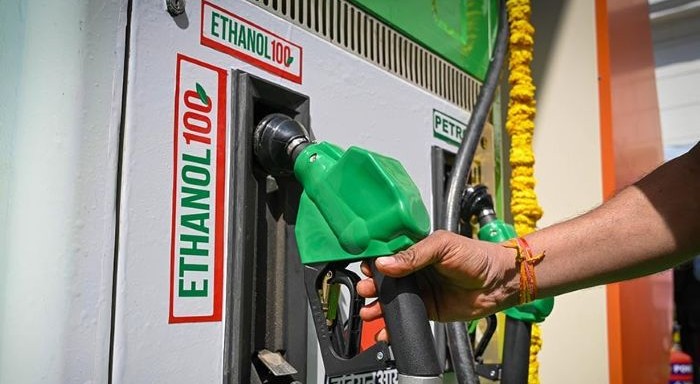
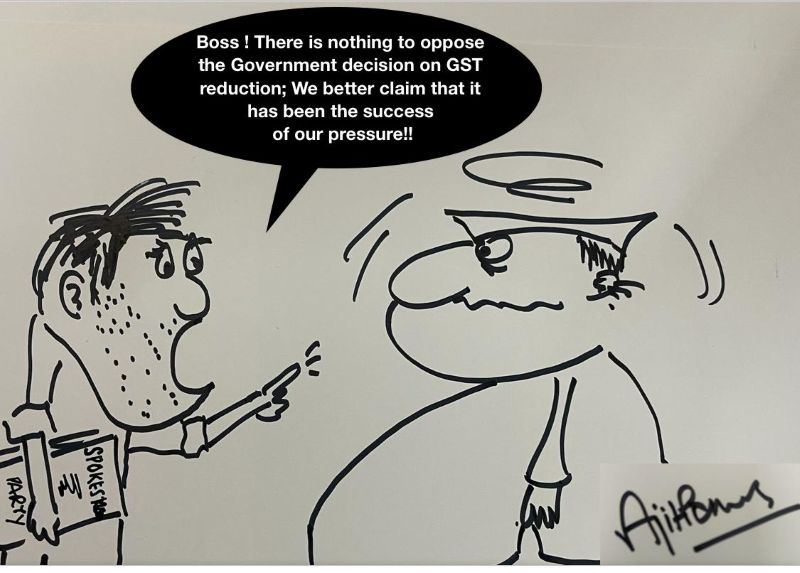

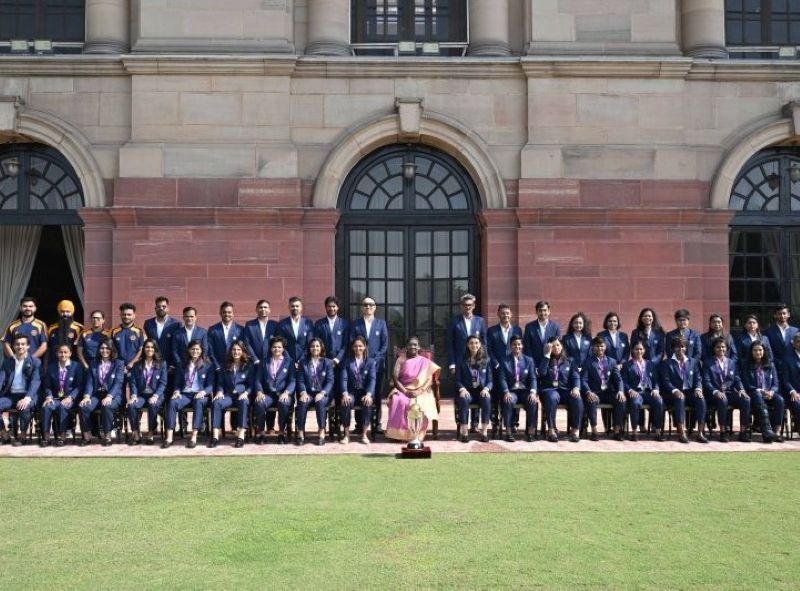

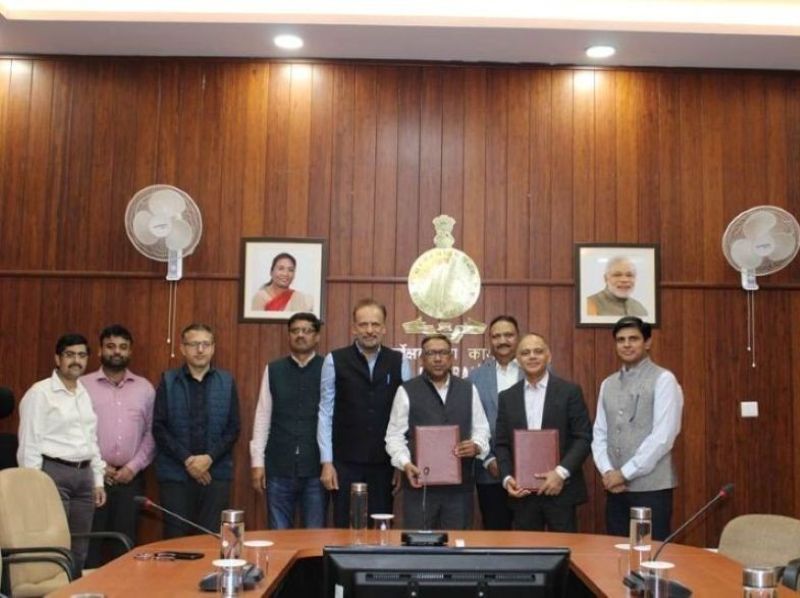


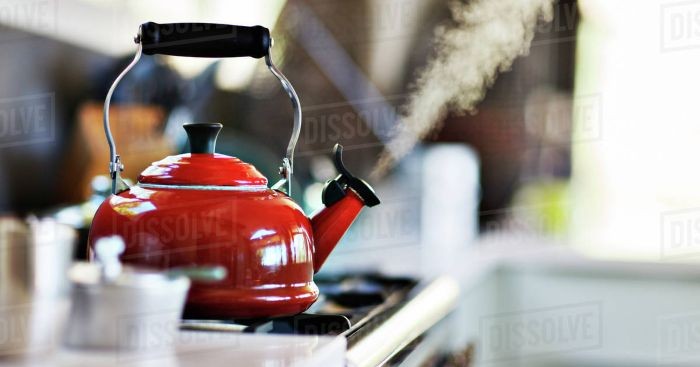








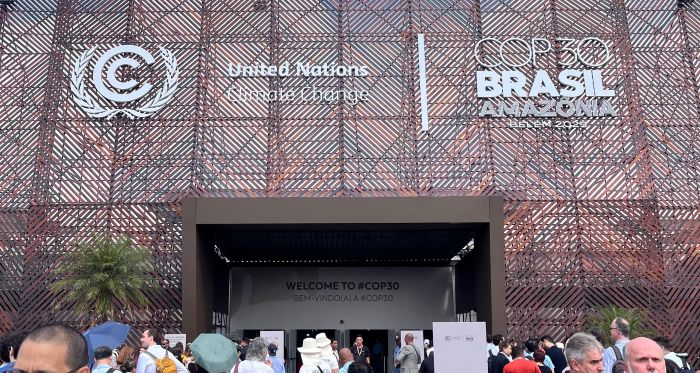
Related Items
US sanctions Colombia’s president, Trump teams up with MAFIA: Petro
UP to run 'No Helmet, No Fuel' campaign from Sept 1-30
IndianOil to produce sustainable aviation fuel from used cooking oil